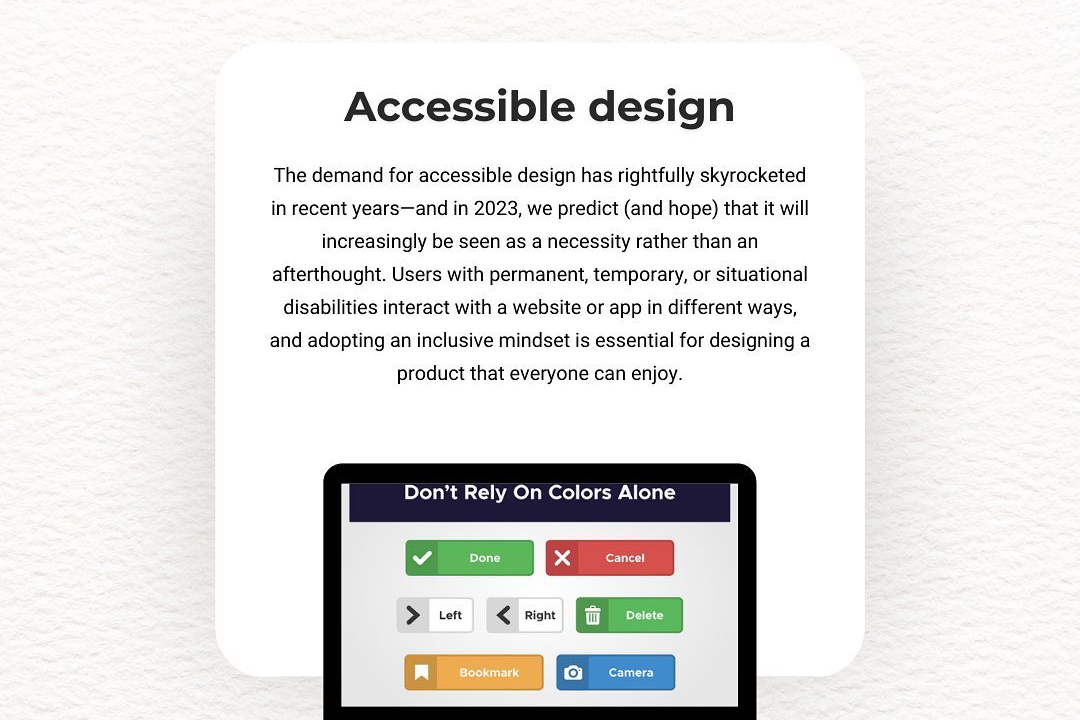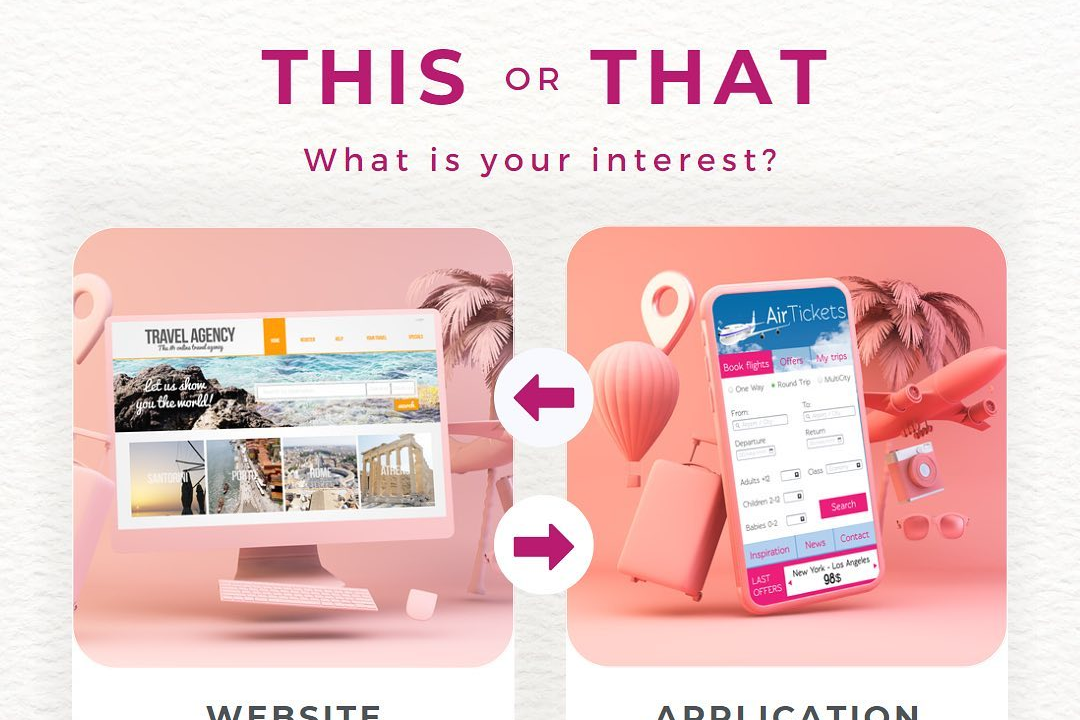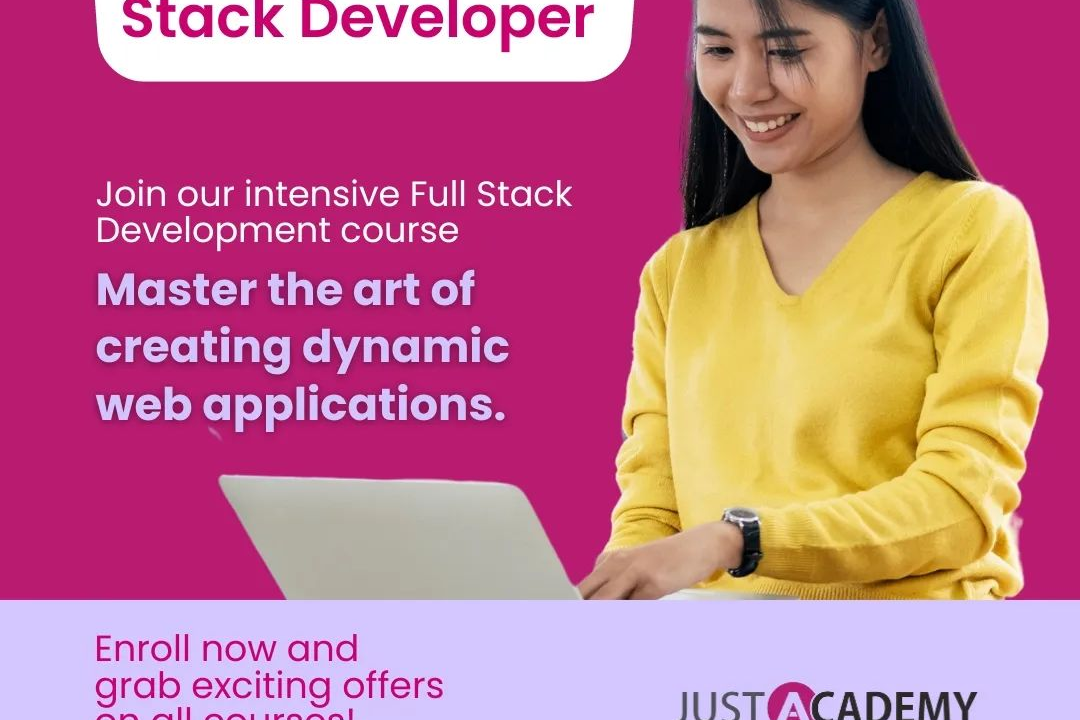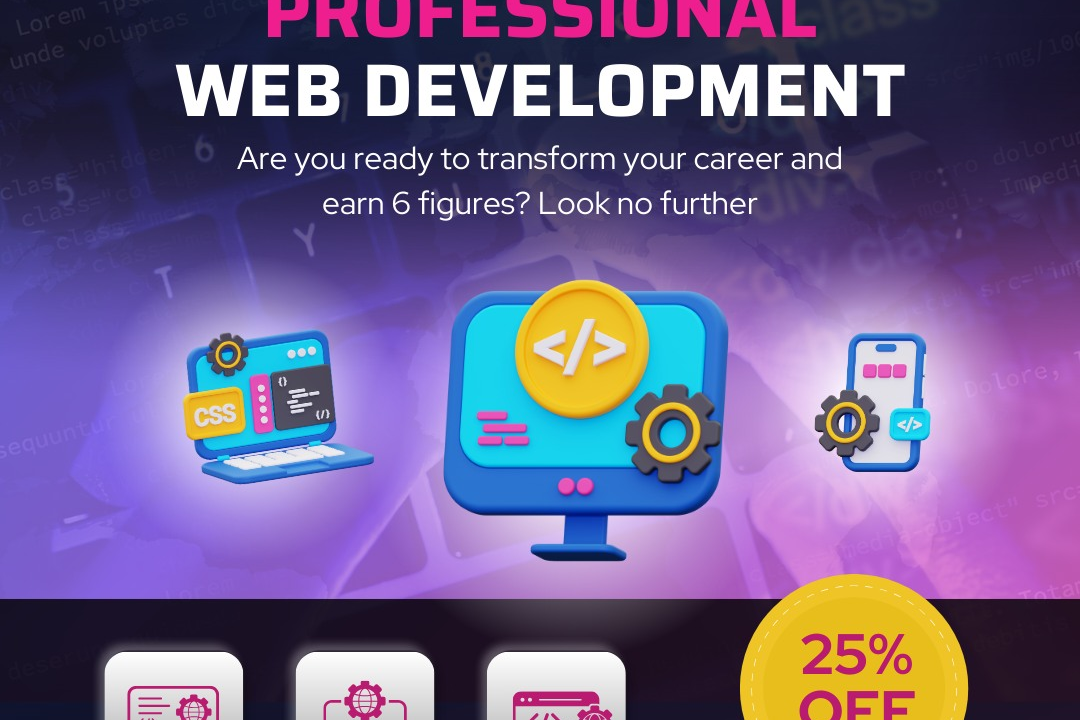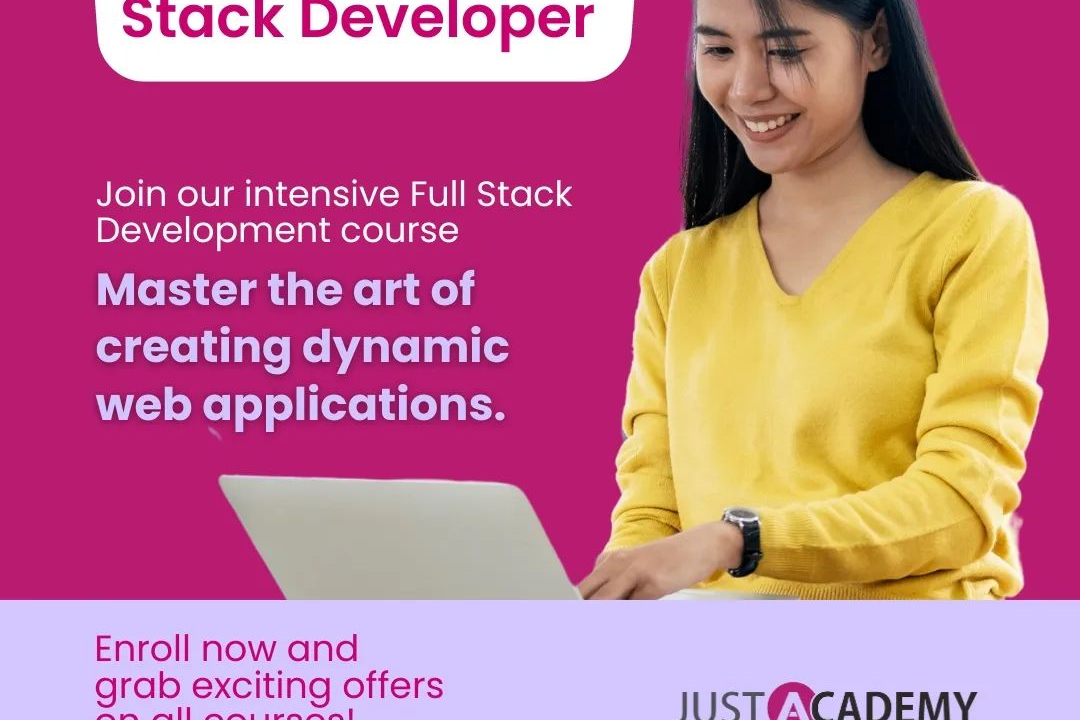Flutter Mobile App Strategies
Optimizing Mobile App Development with Flutter: Strategies for Success
Flutter Mobile App Strategies
Flutter mobile app strategies involve leveraging the framework's capabilities to build natively compiled applications for both iOS and Android from a single codebase, significantly reducing development time and effort. By utilizing Flutter's rich set of pre-built widgets and customizable components, developers can create visually appealing and highly responsive UIs that adhere to platform-specific design guidelines. Additionally, integrating state management solutions like Provider, Riverpod, or Bloc enhances app performance and maintainability. Strategies also include effective use of Flutter's hot reload feature for rapid prototyping and testing, as well as optimal package selection from the extensive Flutter ecosystem to add functionalities. Overall, the focus is on maximizing user experience while ensuring code efficiency and scalability.
To Download Our Brochure: https://www.justacademy.co/download-brochure-for-free
Message us for more information: +91 9987184296
1 - Curriculum Design: Develop a comprehensive curriculum that covers essential Flutter concepts, including widgets, state management, API integration, and testing.
2) Hands On Projects: Incorporate practical projects into the program, allowing students to apply what they learn by building real world applications.
3) Interactive Coding Sessions: Host interactive coding sessions where students can follow along and build apps in real time, fostering engagement and participation.
4) Pair Programming: Encourage pair programming, where students can collaborate on coding tasks, helping them learn from each other and improve their problem solving skills.
5) Guest Speakers: Invite industry professionals to share their experiences and insights about Flutter development, providing students with real world perspectives.
6) Online Resources: Provide access to online resources and documentation, such as the Flutter official documentation, tutorials, and forums to supplement learning.
7) Version Control Introduction: Teach students how to use version control systems like Git, ensuring they understand best practices for collaboration and code management.
8) Mobile App Design Principles: Incorporate sessions on mobile app design principles, such as UI/UX design, to enhance the students' ability to create aesthetically pleasing and user friendly applications.
9) Hackathons: Organize hackathons or coding competitions to motivate students to innovate and apply their skills while working under time constraints.
10) Code Reviews: Implement regular code reviews, where instructors provide feedback on students’ code to enhance coding standards and best practices.
11) Portfolio Development: Assist students in building a professional portfolio showcasing their projects and skills, which will help them in future job searches.
12) Community Building: Foster a supportive community among students through forums or social media groups, so they can share resources, ask questions, and collaborate.
13) Flexible Learning Options: Offer flexible learning options, including online classes and in person workshops, to accommodate different learning preferences.
14) Certification: Provide a certification upon program completion, adding value to the students’ resumes and visibility in the job market.
15) Post Training Support: Offer post training support, including mentorship, job placement assistance, and ongoing learning resources, to help students transition into the job market effectively.
These strategies can help create a robust training program in Flutter mobile app development, equipping students with the skills and knowledge they need to succeed in the tech industry.
Browse our course links : https://www.justacademy.co/all-courses
To Join our FREE DEMO Session: Click Here
Contact Us for more info:
- Message us on Whatsapp: +91 9987184296
- Email id: info@justacademy.co
Java for social media applications
Java For Financial Applications



